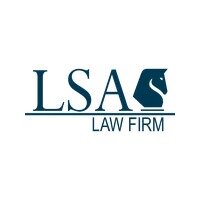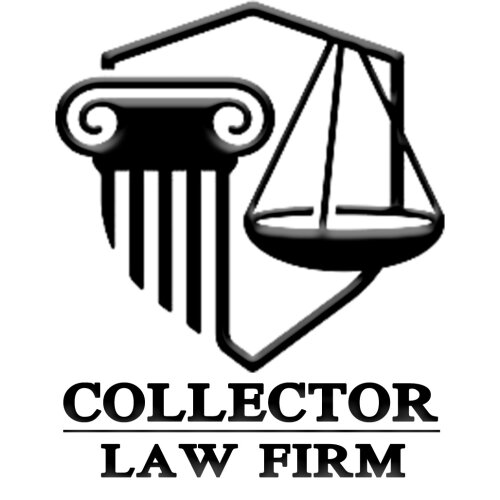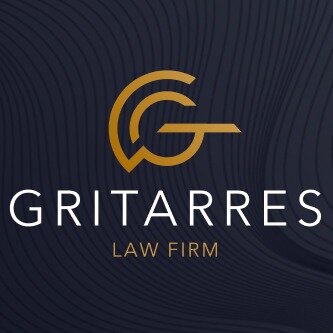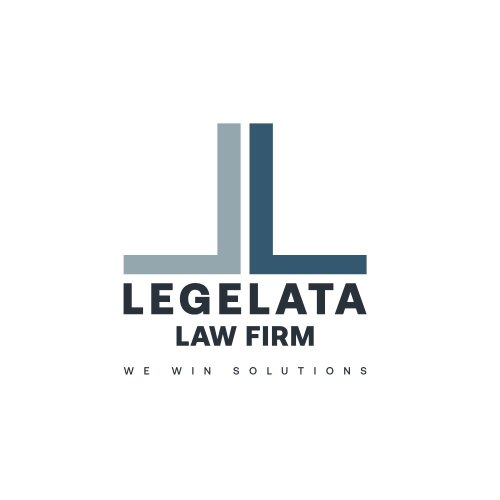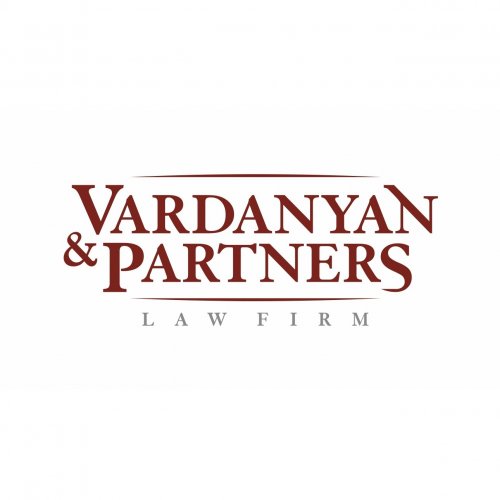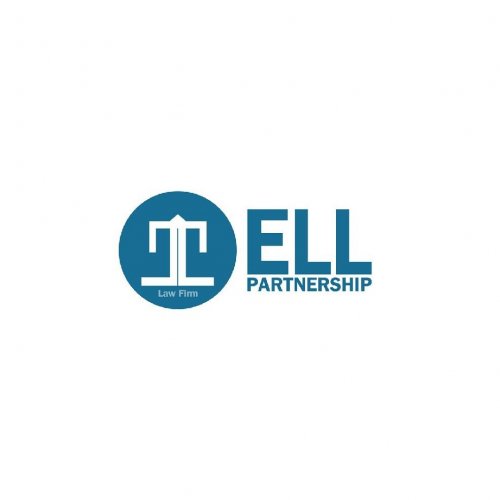Best Tax Lawyers in Yerevan
Share your needs with us, get contacted by law firms.
Free. Takes 2 min.
List of the best lawyers in Yerevan, Armenia
About Tax Law in Yerevan, Armenia:
Tax law in Yerevan, Armenia is a set of rules and regulations governing the taxation system in the city. It determines how individuals and businesses should calculate and pay their taxes. The tax laws in Yerevan are primarily based on the Armenian tax code and other applicable legislation.
Why You May Need a Lawyer:
There are several situations where you may need the assistance of a lawyer specializing in tax law:
- Filing Taxes: If you have a complex financial situation or are unsure about how to properly file your taxes, a lawyer can provide guidance and ensure compliance.
- Tax Audits: If you are being audited by the tax authorities, a lawyer can represent you during the audit process, protect your rights, and help resolve any disputes that may arise.
- Tax Planning: A tax lawyer can assist you in developing effective tax planning strategies to minimize your tax liability and take advantage of available tax benefits.
- Tax Disputes: In case of a tax dispute with the tax authorities, a lawyer can navigate the legal system, represent your interests, and negotiate on your behalf to resolve the dispute.
- Business Tax Matters: If you own a business in Yerevan, a tax lawyer can advise you on issues such as business taxation, payroll taxes, and tax implications of business transactions.
Local Laws Overview:
Some key aspects of the local tax laws in Yerevan, Armenia are:
- Tax Types: The tax system in Yerevan includes various types of taxes, such as income tax, value-added tax (VAT), property tax, social security contributions, and more.
- Tax Rates: Different types of taxes have different rates, which may vary based on factors like income level, property value, and business activity.
- Filing Requirements: Individuals and businesses in Yerevan must comply with specific filing requirements, including filing tax returns and making timely payments.
- Tax Incentives: The local tax laws may provide certain tax incentives and exemptions to encourage investment, entrepreneurship, and specific economic activities.
- Tax Administration: The State Revenue Committee of Armenia is responsible for tax administration in Yerevan and ensures compliance with tax laws through audits and enforcement measures.
Frequently Asked Questions:
1. What is the deadline for filing taxes in Yerevan?
In Yerevan, the deadline for filing annual income tax returns is April 30th of the following year.
2. How is income tax calculated in Yerevan?
Income tax in Yerevan is calculated based on a progressive tax rate system. The tax rates range from 23% to 36%, depending on the level of income.
3. Are there any tax incentives for small businesses in Yerevan?
Yes, Yerevan offers certain tax incentives for small businesses, such as reduced tax rates and exemptions for a certain period, depending on the business activity and size.
4. Can I appeal a tax audit decision in Yerevan?
Yes, if you disagree with the tax audit decision, you have the right to appeal it within a specified time frame. It is recommended to seek legal assistance to guide you through the appeals process.
5. Where can I find information about the latest tax regulations in Yerevan?
You can find information about the latest tax regulations in Yerevan by referring to the official website of the State Revenue Committee of Armenia or consulting with a tax lawyer who stays updated with the changes.
Additional Resources:
For further assistance and information about tax law in Yerevan, Armenia, consider contacting the following resources:
- State Revenue Committee of Armenia: www.taxservice.am
- Armenian Lawyers' Association: www.armla.am
Next Steps:
If you require legal assistance for tax matters in Yerevan, Armenia, here are the recommended next steps:
- Assess your specific tax-related needs and determine what type of legal assistance you require.
- Research and select a reputable tax lawyer who specializes in the area relevant to your situation.
- Contact the chosen lawyer and schedule an initial consultation to discuss your case and understand the legal services they can provide.
- During the consultation, ask any questions you may have and ensure that you are comfortable working with the lawyer.
- If necessary, provide the lawyer with the required documents and information to proceed with your case.
- Follow the lawyer's guidance and instructions throughout the legal process to achieve the best possible outcome.
Lawzana helps you find the best lawyers and law firms in Yerevan through a curated and pre-screened list of qualified legal professionals. Our platform offers rankings and detailed profiles of attorneys and law firms, allowing you to compare based on practice areas, including Tax, experience, and client feedback.
Each profile includes a description of the firm's areas of practice, client reviews, team members and partners, year of establishment, spoken languages, office locations, contact information, social media presence, and any published articles or resources. Most firms on our platform speak English and are experienced in both local and international legal matters.
Get a quote from top-rated law firms in Yerevan, Armenia — quickly, securely, and without unnecessary hassle.
Disclaimer:
The information provided on this page is for general informational purposes only and does not constitute legal advice. While we strive to ensure the accuracy and relevance of the content, legal information may change over time, and interpretations of the law can vary. You should always consult with a qualified legal professional for advice specific to your situation.
We disclaim all liability for actions taken or not taken based on the content of this page. If you believe any information is incorrect or outdated, please contact us, and we will review and update it where appropriate.




